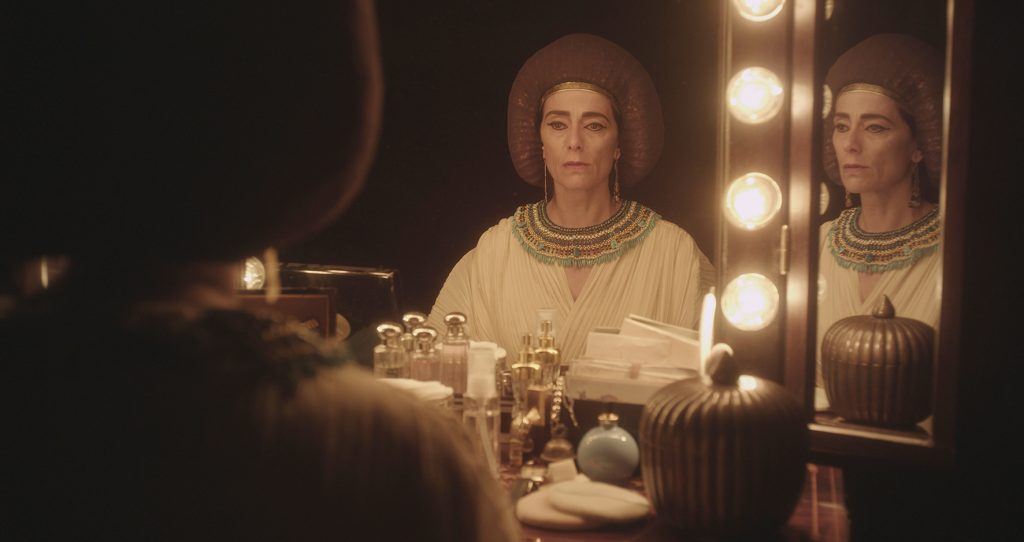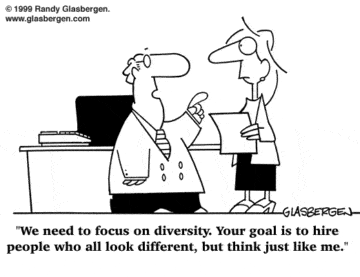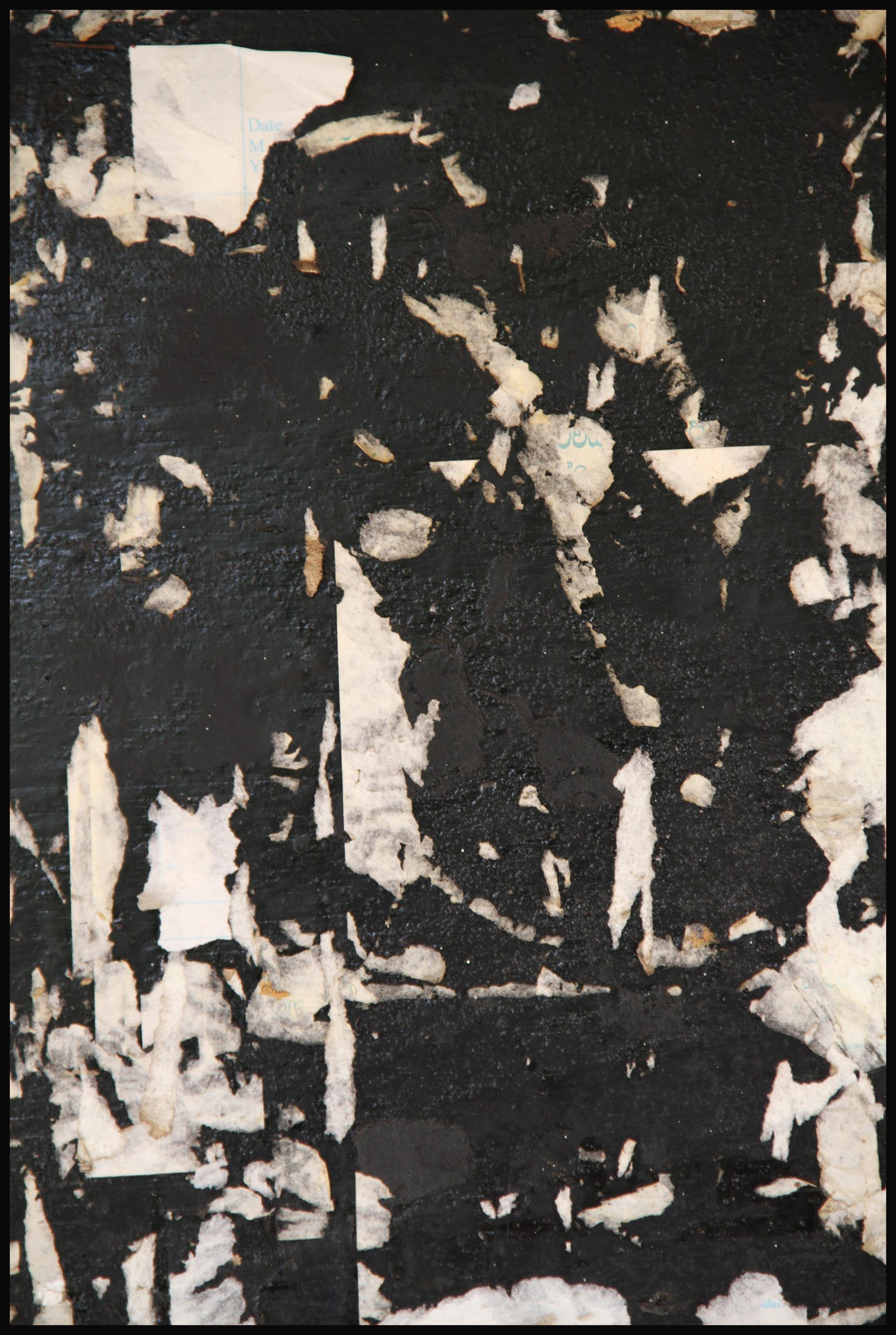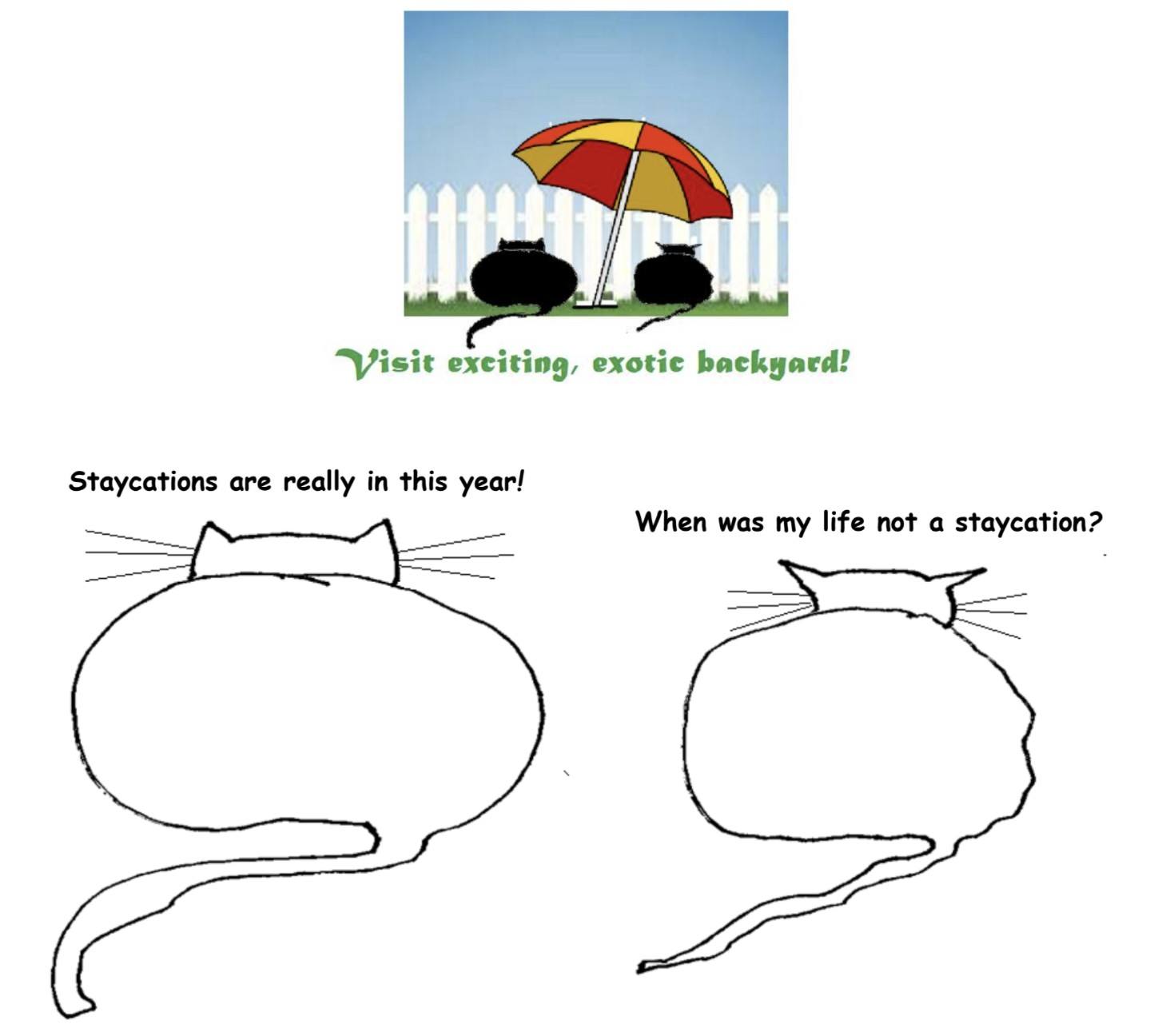by Carol A Westbrook

Chocolate. The very word makes your mouth water; it conjures up images of childhood, of ice cream sundaes, of Valentine’s Day, of love. A small piece in your mouth makes you happy and improves your outlook—and makes you want more. chocolate is a stimulant, a mood elevator. And so many people reached for a piece of chocolate to help get through the dark days of the Covid-19 pandemic, as reflected in the increased chocolate sales during those months
Can chocolate really do all of these things? A surprising amount of research has been done to try to answer this question, with inconclusive results. Yes, there are pharmacoactive substances in chocolate, the most prominent of which is theobromine. This chemical which is named for the plant in which it was discovered, the cacao tree, (Theobroma cacao), the source of chocolate. Carl Linnaeus, the great Swedish botanist, gave the plant its name, perhaps in recognition of its importance to the natives that cultivated it. Theobroma contains the Greek words theo (god) and broma (food), meaning food of the gods—there is no bromine in the substance. Theobromine is a mild stimulant, similar to caffeine. It is also present in green tea and Yerba mate. A milk chocolate bar contains about 60 milligrams of theobromine, while dark chocolate has about 3 times as much. Consumption of an entire dark chocolate bar can have some pleasant mood effects, while three dark chocolate bars can cause sweating, trembling, and headaches. But keep your chocolate bars away from your dogs, because theobromine cannot be metabolized by animals, and it is toxic to them. Read more »




 In spite of my abiding interest in literature when I came to college I was vaguely inclined to major in History. In the long break between school and college I chanced upon two books of Marxist history which opened me to a new vista of looking at history. The first was Maurice Dobb’s Studies in the Development of Capitalism. This book showed me that there is a discernible pattern in the jumble of facts in history, which attracted me. Soon after, I read a lesser Marxist history book, A.L. Morton’s People’s History of England which showed me how recasting the old widely-known history of England from the people’s perspective gives you new insights. These books whetted my appetite to read more of Marxist history.
In spite of my abiding interest in literature when I came to college I was vaguely inclined to major in History. In the long break between school and college I chanced upon two books of Marxist history which opened me to a new vista of looking at history. The first was Maurice Dobb’s Studies in the Development of Capitalism. This book showed me that there is a discernible pattern in the jumble of facts in history, which attracted me. Soon after, I read a lesser Marxist history book, A.L. Morton’s People’s History of England which showed me how recasting the old widely-known history of England from the people’s perspective gives you new insights. These books whetted my appetite to read more of Marxist history. The events in Afghanistan over the last week are being seen as yet another “hinge moment” in history. The images of helicopters evacuating personnel from embassies and people chasing aircraft in desperation to get on them have been seared into the memories of all who have seen them. As a person from the region (Pakistan), a student of history, and as someone interested in the current state of the world, I too have watched these events with a mixture of amazement, trepidation, horror, and perplexity. It is not clear yet whether “hope” or “fear” – or both – should be added to that list. The things I say in this piece are just the thoughts and speculations of a non-expert lay person trying to make sense of an obscure situation. As will be obvious from the rest of this piece, for all the pain and suffering the new situation in Afghanistan will bring to people in Afghanistan, I think that the American decision to withdraw was the only rational choice. The alternative of staying on for years – perhaps decades – to build a better Afghanistan would just be another exercise in paternalistic colonialism. However, the way the withdrawal is happening is a great failure of American leadership and the blame for that lies mainly with the American policies of the last two decades. Perhaps its biggest failure was in not preparing Afghanistan for this day that was sure to come sooner or later. Now the Afghan people – especially women – will pay a price for that failure, but it may also come back to haunt the United States and other great powers. It has happened before….
The events in Afghanistan over the last week are being seen as yet another “hinge moment” in history. The images of helicopters evacuating personnel from embassies and people chasing aircraft in desperation to get on them have been seared into the memories of all who have seen them. As a person from the region (Pakistan), a student of history, and as someone interested in the current state of the world, I too have watched these events with a mixture of amazement, trepidation, horror, and perplexity. It is not clear yet whether “hope” or “fear” – or both – should be added to that list. The things I say in this piece are just the thoughts and speculations of a non-expert lay person trying to make sense of an obscure situation. As will be obvious from the rest of this piece, for all the pain and suffering the new situation in Afghanistan will bring to people in Afghanistan, I think that the American decision to withdraw was the only rational choice. The alternative of staying on for years – perhaps decades – to build a better Afghanistan would just be another exercise in paternalistic colonialism. However, the way the withdrawal is happening is a great failure of American leadership and the blame for that lies mainly with the American policies of the last two decades. Perhaps its biggest failure was in not preparing Afghanistan for this day that was sure to come sooner or later. Now the Afghan people – especially women – will pay a price for that failure, but it may also come back to haunt the United States and other great powers. It has happened before….



 Sughra Raza. Temple Wall Philosophy. Galle, Sri Lanka, 2010.
Sughra Raza. Temple Wall Philosophy. Galle, Sri Lanka, 2010.


 Unlike her previous exhibit, James chose not to explicitly market
Unlike her previous exhibit, James chose not to explicitly market 
 The view that everyone who is capable has a basic duty to work and not be idle is the main tenet of what we call the work ethic. Closely related to this are two other ideas:
The view that everyone who is capable has a basic duty to work and not be idle is the main tenet of what we call the work ethic. Closely related to this are two other ideas: